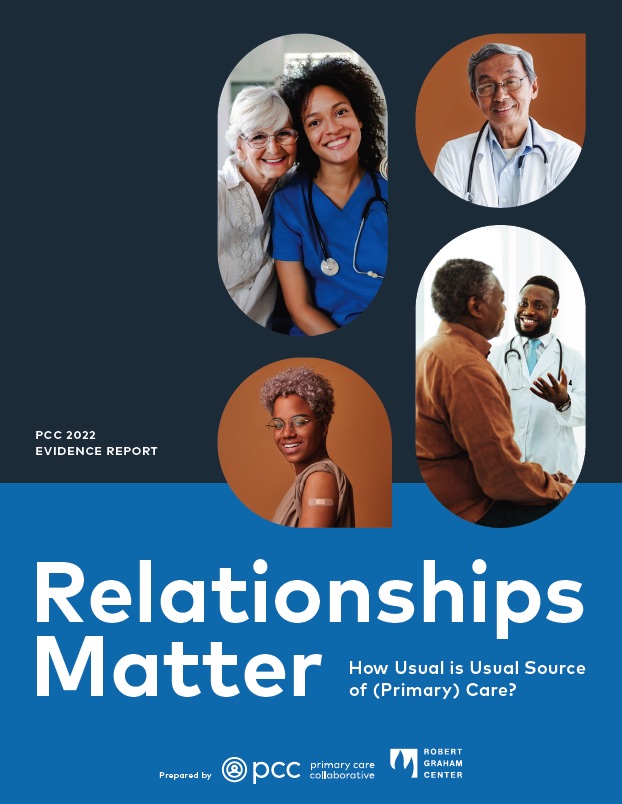The COVID-19 pandemic resulted in numerous federal policies and temporary flexibilities, some of which directly impacted Medicaid eligibility and enrollment. According to the Kaiser Family Foundation, Medicaid and CHIP program enrollment grew by nearly 29 percent, between February 2020 and September 2022. As of September 2022, over 90 million people were enrolled in Medicaid and CHIP.
The enrollment growth is largely due to states’ implementation of continuous enrollment and receiving a temporary bump in Federal Medical Assistance Percentage (FMAP) support in response to the COVID-19 pandemic.
As we emerge from the declared public health emergency, The Centers for Medicare and Medicaid Services (CMS) issued an update to states to help them maintain continuity of coverage as they navigate the looming expiration of COVID-19 flexibilities and policies. For example, states will have 12 months at the end of the declared emergency to resume regular enrollment and verification operations.




